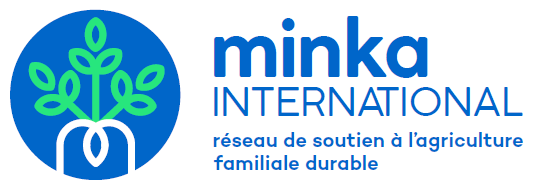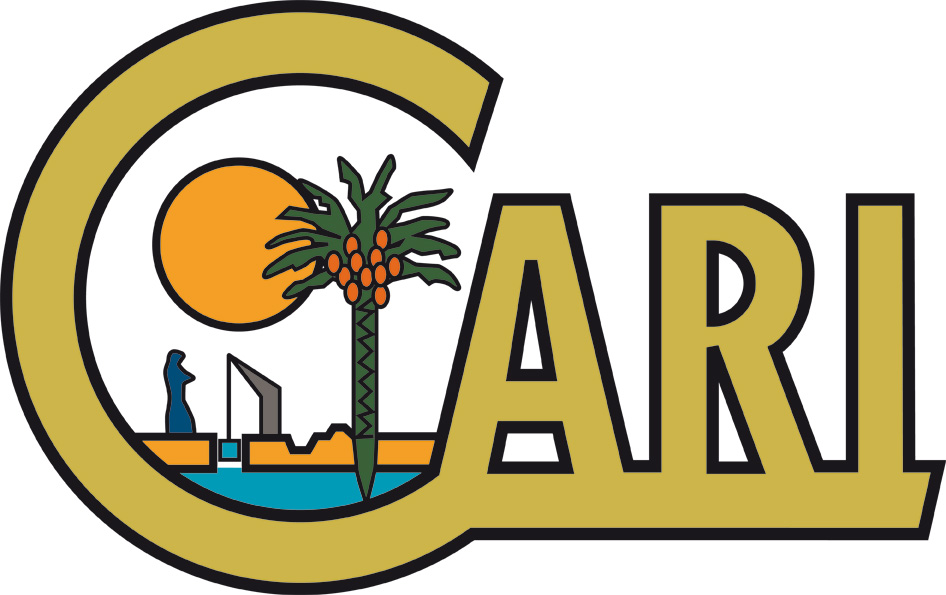WHAT IS CARI?
CARI (Centre d’Actions et de Réalisations Internationales) is a French association of international solidarity which has been working for over 20 years in the fight against desertification. CARI promotes a sustainable agricultural model (agroecology, family farming) to address the issue of land degradation in drylands.
CARI does not wish to replace local skills. It supports civil society organisations and local authorities. With its projects in some twenty countries, mainly in the Maghreb and the Sahel, CARI is a reference for the French government and the United Nations Convention to Combat Desertification.
Site web : www.cariassociation.org
WHAT DOES THE CARI DO?
CARI’s primary objective is to combat soil destruction in arid environments, victims of climate change, and in particular in Africa, the Maghreb and the Sahel.
AND MORE CONCRETELY?
Since 1998, CARI has been working to help people in arid areas, particularly in Africa. It implements agricultural development projects aiming at the food security of the populations through the use of methods combining environment and profitability. Today, eight countries in the Maghreb and Sahel are directly concerned by CARI’s activities.
CARI acts through 4 main axes:
- Federating French desertification stakeholders: CARI accompanies and facilitates exchanges between associations, local authorities, scientists and companies, through two thematic organisations: the Desertification Working Group (DWG) and the Water Solidarity Programme (WS-Water), at the level of Morocco and the Occitanie region, as well as through two regional organisations: Occitanie Cooperation and Agropolis International
- Save the oasis : The oases, jewels of the desert, are fragile ecosystems, sensitive to climate change and neglected by young people. CARI supports consultation between oasis associations and contributes to the sharing of experiences on the subject. Together with the oasis inhabitants, it lobbies nationally and internationally to promote the safeguarding of the tangible and intangible heritage that the oases represent. CARI also coordinates the RADDO (Réseau Associatif de Développement Durable des Oasis) and contributes to several projects in Algeria, Morocco, Mauritania and Tunisia.
- Sustainable land management in the Sahel : The already very arid lands of the Sahel are particularly affected by climate change. CARI’s intervention in the Sahel is part of a desire to improve the situation of rural populations who are confronted with the degradation of natural resources, particularly land. CARI improves the structuring of the associative environment around the theme of the fight against desertification. It supports the construction of a national and international advocacy of civil society on the issues of combating desertification, so that land is taken into account as a central element of sustainable development issues. CARI also supports actors in the fight against desertification in the Sahel in order to improve their practices and their capacity to intervene in synergy. CARI was also involved early on in the United Nations Convention to Combat Desertification, and has contributed to improving the presence and recognition of civil society within this decision-making framework, notably by initiating several civil society networks at the national, regional (Sahel) and international levels. It also coordinates the Sahel Desertification Network (ReSaD), which was born in 2010 from a partnership between CARI, French organisations grouped in the Desertification Working Group (GTD) and Sahelian NGO platforms from Niger, Mali and Burkina Faso. Finally, CARI and ReSaD contribute to the implementation of the Great Green Wall Initiative for the Sahara and the Sahel, a pan-African policy and strategy framework, adopted by the Heads of State and Government of the Sahelo-Saharan community in 2005, to improve the living conditions of local populations in the long term, by enabling them to live on their land, from the fruits of their labour thanks to sustainable land management, while increasing their incomes and ensuring their food security
- Promoting agroecology : CARI supports local initiatives that contribute to the resilience of drylands. CARI defends local, intensive and diversified agriculture for the increasing autonomy of populations in economic, social and environmental terms, through the implementation of exchanges between agronomists, allowing the sharing of sustainable production techniques (for better water conservation or the valorisation of animal resources among others). Alongside Agrisud, AVSF, and GRET, CARI formed the GTAE (Groupe de Travail sur les Transitions AgroEcologiques) in 2016 to bring together the knowledge acquired to assess the impact of agroecology, identify specific success factors and disseminate the available knowledge for a larger-scale adoption of agroecology.
WHERE DOES CARI WORK?
Algeria, Burkina Faso, Mali, Mauritania, Morocco, Niger and Tunisia
WHAT IS THE SITUATION IN THESE COUNTRIES?
74% of the world’s poor are directly affected by land degradation. 1.5 to 2 billion people in over 100 countries are threatened by desertification.
Because of its arid climate, the Sahel is an area where ecosystem balances are particularly fragile. These balances are threatened by the growing needs of the population, but also by climate change. Numerous actors (associations, NGOs, scientists, institutions) are working to promote sustainable land management in the Sahel, but in an uncoordinated way.
Oases are fragile ecosystems, sensitive to climate change and neglected by young people. In the Maghreb, civil society does not have the same freedom of speech that it has elsewhere. CARI therefore facilitates this speech to demand changes that are sometimes difficult to express.
CARI works with rural populations in arid areas who are faced with climatic, political and economic hazards. CARI accompanies them to defend their rights at the local, national and international levels.
Site web : https://www.cariassociation.org/
Siège : France
Pays d'action : Algeria, Burkina Faso, Mali, Mauritania, Morocco, Niger and Tunisia
Actions : Federating French stakeholders in desertification, supporting sustainable land management in the Sahel, supporting the safeguarding of oases, promoting agroecology.

